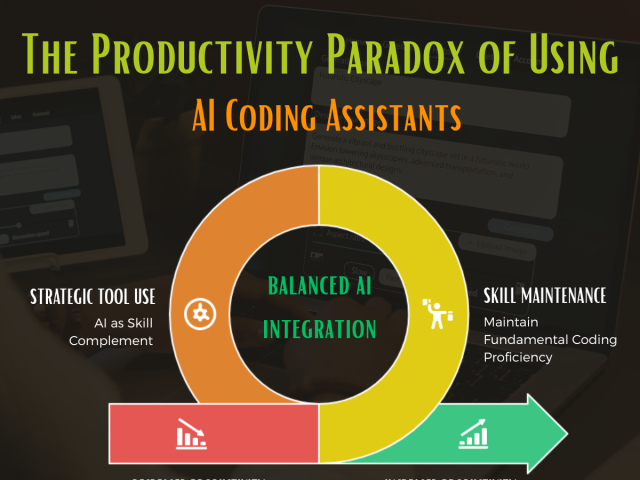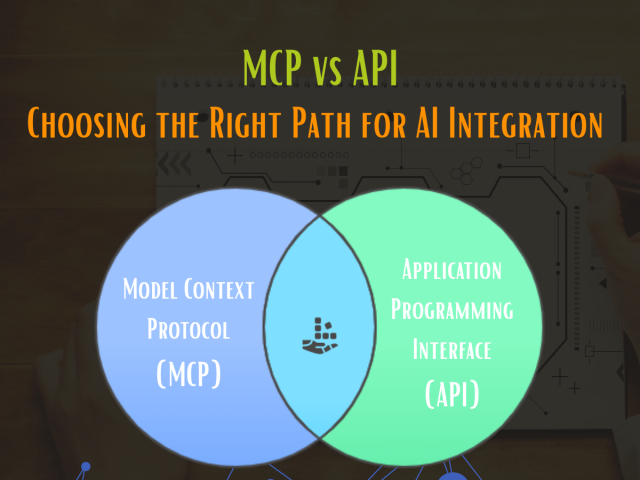The most crucial step on a project ladder, after one has developed the project management plan and set appropriate project baselines, is the ‘execution’ phase. Whether it is a multi-million dollar project, or a simple business idea being put to test, a lot of people advocate having a process-oriented approach for executing a project successfully. Process execution for smaller assignments, or projects with really tight timelines, may seem like over-egging the pudding. In such a case, it is very tempting to bypass quality processes and get the work done without following standard or predefined processes.
Processes are strong and distinct indicators of ‘how a particular task is to be performed’.
- Why Processes?
- Have you ever experienced variance in the way the same McDonald’s burger tastes at different outlets or at different points of time?
- Have you experienced a different treatment from Mickey Mouse in Disney parks?
Today, we are competing with McDonald’s and Disney for quality and consistency of the products and services we serve. A customer needs to get an unswerving experience whenever he/she works with us, irrespective of team members, workload or the complexity of the assignment. How can we provide them with the same experience again and again? The answer is simple – through processes. If one does not follow processes, the outcomes are bound to be unpredictable, unstable and dissimilar, even though the severity of the variance of the result may vary due to the team’s skill-sets.
- What will the customer gain?
- Assurance of quality: If one has a ‘Code Review Process’, then the customer will know that he is going to get the ‘Reviewed’ code every time.
- Predictability: The customer will know what to expect at every stage of development life-cycle.
- Stability: The customer will have better control over the expected outcome of entire product life-cycle.
- Risk Management: The customer can manage his risks as he has better visibility.
- How to ensure process adherence?
- It is extremely difficult to get one’s team to follow a particular process if they don’t believe in it, especially in Software Development. One needs to strive to build the psychology and the attitude of the team in order to gain process orientation across all projects.
- Every process needs to have some objectively measurable output (Measurement Metrics). These metrics should get reviewed regularly, in order to enable easy monitoring of process adherence. It is challenging to define such metrics. Hence, one needs to be innovative to achieve it.




